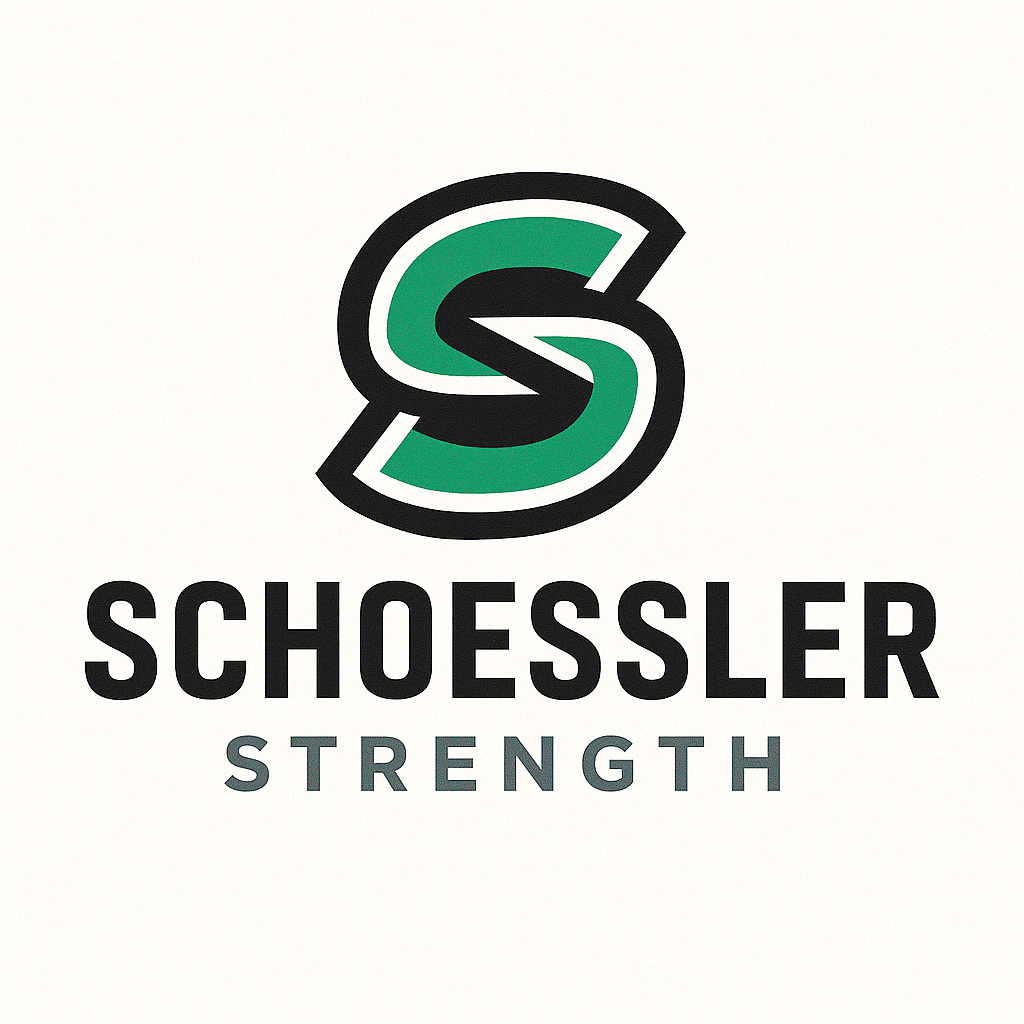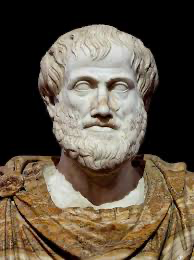Over the years, my approach to training has been shaped not just by textbooks and certifications, but by life experiences, personal challenges, and the philosophies that have stuck with me. At its core, my training philosophy is grounded in four key pillars: individuality, resilience, consistency, and long-term development.
The Foundation: Individuality Above All
I believe everyone brings their own unique background, goals, and limitations into the gym. That's why I prioritize a holistic, individualized approach to training—one that is rooted in evidence but tailored to the person in front of me. There's no one-size-fits-all program, and I've found that training becomes more effective—and more meaningful—when it reflects someone's personal story, both physically and mentally.
This individualized approach goes beyond just adjusting sets and reps. It means understanding someone's injury history, their lifestyle constraints, their psychological relationship with training, and their long-term aspirations. Every program I design starts with the person, not the exercise.
Resilience: The Art of Growing Through Struggle
Resilience is a value I carry both in and outside the weight room. Reading Ross Edgley's The Art of Resilience opened my eyes to the concept of eudaimonia—a philosophy that traces back to Aristotle and has profound implications for how we approach training and life challenges.
Aristotle believed that eudaimonia—often translated as "flourishing" or "the good life"—wasn't about avoiding difficulty or seeking momentary pleasure. Instead, he argued that true fulfillment comes from developing virtue through facing challenges, growing through adversity, and becoming the best version of ourselves. This ancient wisdom resonated deeply with me, especially when I saw it embodied in modern athletes like Ross Edgley.
Edgley, who has completed extraordinary feats of human endurance—from swimming around Great Britain (1,780 miles in 157 days) to completing a marathon while pulling a 1.4-ton car—demonstrates this principle in action. His world records in endurance aren't just about physical capability; they're about the mental resilience developed through embracing discomfort and finding meaning in the struggle itself.
The Eudaimonia Principle
True fulfillment doesn't come from avoiding challenges—it comes from developing the strength to meet them head-on. As Aristotle taught and modern endurance athletes like Ross Edgley prove, we flourish not despite adversity, but because of how we choose to meet it.
Whether I'm helping someone through a tough workout, navigating a long rehab process, or building the mental toughness to keep showing up day after day, I try to cultivate that same mindset. It's not about being perfect—it's about becoming stronger, more resilient, and more capable through the process. Every challenge becomes an opportunity to develop the kind of character that Aristotle described as essential to human flourishing.
Consistency: Where Real Change Happens
Consistency is where change really happens. Showing up to train, staying committed to proper nutrition, taking care of mobility, even when life gets in the way—that's what separates temporary motivation from sustainable progress. It's not flashy, but it's powerful.
I've learned that the most successful athletes and clients aren't necessarily the most talented or motivated on any given day. They're the ones who show up consistently, who understand that progress is built through accumulated effort over time, not through sporadic bursts of intensity.
Short-Term Motivation
- • Relies on external factors
- • Inconsistent energy levels
- • Often leads to burnout
- • Results in yo-yo progress
Sustainable Consistency
- • Built on internal systems
- • Steady, reliable progress
- • Prevents overuse and injury
- • Creates lasting change
Long-Term Development: Building for Life
And finally, I care about development over the long haul. This isn't just about quick fixes or short-term results. I want the people I train with to move better, feel stronger, and stay injury-free years from now. Whether you're an athlete or someone just trying to feel better day to day, I think training should support longevity—not just performance.
This long-term perspective influences every decision I make in program design. It means prioritizing movement quality over lifting heavy weights. It means building robust movement patterns that will serve someone for decades, not just the next competition. It means understanding that true strength is measured not just in what you can do today, but in what you can continue to do tomorrow.
The Integration of All Four Pillars
These four pillars don't exist in isolation—they work together to create a comprehensive approach to human performance. Individuality ensures the program fits the person, resilience builds the mental framework for growth, consistency creates the habits for success, and long-term thinking ensures sustainable progress.
Living the Philosophy
This is the philosophy I live by and try to bring into every training environment I'm part of. It's not just about sets and reps—it's about building something meaningful and lasting. Every session, every program, every interaction is an opportunity to reinforce these principles and help someone become not just stronger physically, but more resilient mentally and emotionally.
When I work with athletes or clients, I'm not just their coach—I'm a partner in their journey toward becoming the best version of themselves. That's a responsibility I don't take lightly, and it's why these philosophical foundations matter so much to me.
The Bottom Line
Training is about more than physical adaptation—it's about developing the qualities that make us more resilient, consistent, and capable human beings. That's the foundation everything else is built on.
Moving Forward
As I continue to grow as a coach and practitioner, these pillars remain my North Star. They guide my decision-making, inform my program design, and shape how I interact with every person I have the privilege to work with. Because at the end of the day, the best training programs aren't just about getting stronger—they're about becoming better.

